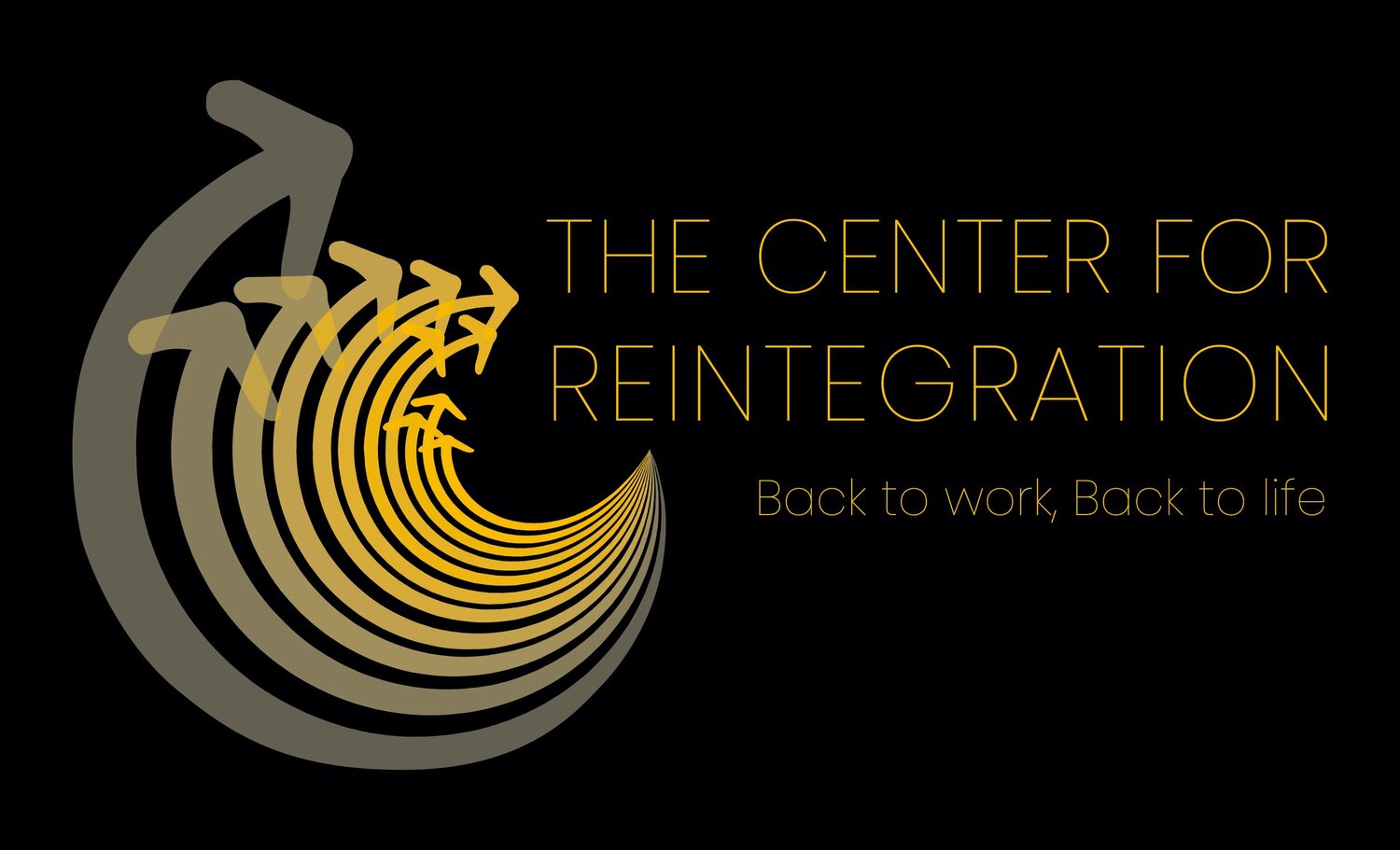CFR: What has helped you most with your recovery and reintegration back to school, work, and life in your communities?
VD: In the long run, however, I’ve had some major success: interning with high-level politicians (presidents and vice presidents of a country), writing speeches for state politicians at a state legislature, and working for a local NYC government agency as their social media strategist. All these successes led me to a U.S.-government sponsored grant at a Caribbean country providing language instruction and planning a campaign for an international non-profit organization. And finally achieving my childhood dream of getting accepted into an Ivy League school—at least for my Master’s!
Now at 28, I look back at my successes and realized that by working with my condition rather than fighting against it, I’ve been able to recover and be reintegrated back to school, work, and life in my community. I make sure to follow my therapist’s and psychiatrist’s instructions: lights out by 10 p.m., limit coffee intake, exercise or walk outside, reach out to family and friends if needed, take medication as prescribed. My being Bipolar does not mean I’m crazy but rather it’s just like any other illness. It’s part of my life but it is not my identity. I am and have always been just like everyone else.
CFR: How did you hear about the Baer Reintegration Scholarship Program, and what motivated you to apply?
VD: I heard about the Baer Reintegration Scholarship Program during my sophomore year of college. I was a frequent student at the disability services office and my advisor there recommended me to apply. Since then, I’ve been a recipient of the Baer Reintegration twice. First in 2011, and this year.
CFR: How has being a Baer Reintegration Scholar impacted your education and your life?
VD: Financially, being a Baer Reintegration Scholar is a huge relief. Currently, as a full-time student, the much-needed support from the scholarship program has helped me focus less on tuition payment and more on my studies. However, that’s not without saying how proud I am to be a part of the program. The Baer Reintegration Scholarship has given me a new outlook on life—especially when it comes to my condition. It has empowered me to take ownership of my disability, be comfortable in who I am, and ultimately to give back in some way to others who have gone through the same.
CFR: What career goals and life goals do you have once you have graduated from your program?
Hopefully, once I finish my degree, I plan to either work for a non-profit on advocacy or apply to law school (more schooling!). But the biggest change I hope to make is giving myself the time to have fun! I hope to get to know more people, make new friends, and hopefully settle down and start a family in the next few years.
CFR: What advice would you give to someone who has just been diagnosed with a mental illness?
VD: The best advice I can give someone who has been recently diagnosed with a mental illness is:
1) You are still you no matter what. Your illness does not define you and you are more capable than you realize to achieve your dreams. Think of it as a minor setback. Get the help you need and you’ll be back on track where you need to be.
2) Everyone has a different journey, do not compare yourself to others. Each person has issues and the worst thing you can do is compare yourself to other “normal” people. In fact, there is no such thing as normal; it’s basically a social construct.
3) Life is rough and education is only one part of your journey. Take the time to have balance in your life (date, hang out with friends, visit family). Don’t worry too much about the outcomes and just live in the present moment.

















